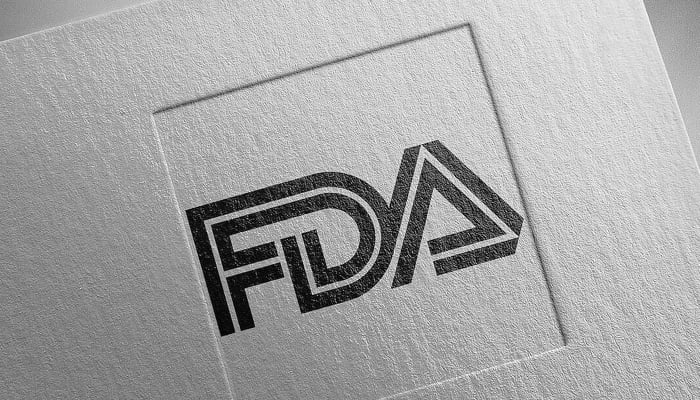
The U.S. Food and Drug Administration has approved Zevaskyn (prademagene zamikeracel) for patients suffering from rare, genetic skin disease recessive dystrophic epidermolysis bullosa.
Zevaskyn is said to be the first autologous cell-based gene therapy to treat wounds in youngsters and children with recessive dystrophic epidermolysis bullosa, a rare skin disease characterised by fragile skin that tears easily.
FDA approval of Zevaskyn was dependent on findings from two clinical studies.
In a single-centre, open-label, phase 1/2a study that included 38 chronic wounds in seven patients, a single surgical app of Zevaskyn explained long-term enhancement at the treated sites during a median seven-year period.
In the multicentre, intrapatient-controlled, phase 3 VITAL study, assess the efficacy of a single application of Zevaskyn on 43 large, 81% wounds explained 50% or more healing following a six months of time period.
This result was significant in contrast to the matched control group of 43 wounds treated with the standard of care, where only 16% accomplished the similar level of healing results.
Across both studies, Zevaskyn reported no treatment-related serious event, except paining and itching, in only about 5% of patients.
Abeona Therapeutics Ph.D., chief commercial officer Madhav Vasanthavada stated:
"Based on the strength of our data across clinical trials, we are confident in Zevaskyn's ability to deliver long-term results after a single treatment application," We are committed to working closely with both commercial and government payers on outcome-based agreements that stand behind the promise of Zevaskyn for patients, and expedite access."
Abeona Therapeutics got approval of Zevaskyn.












